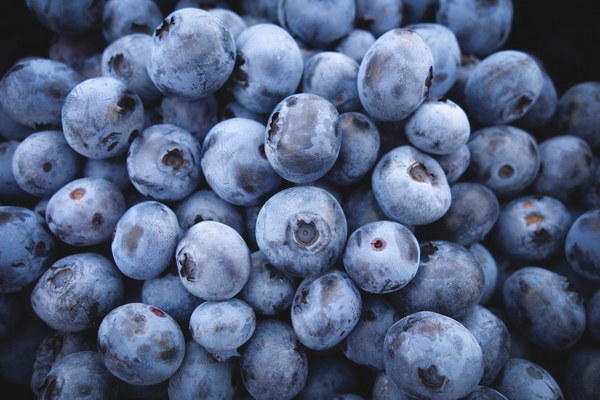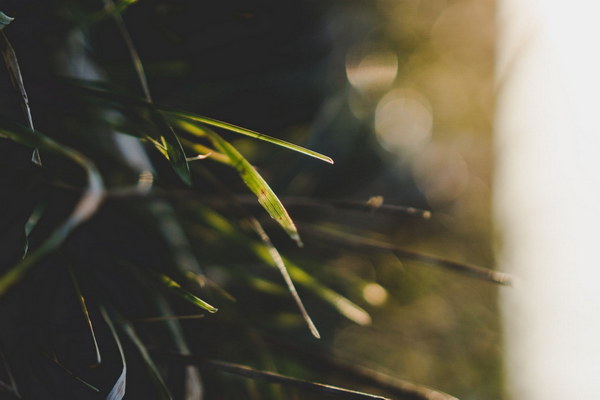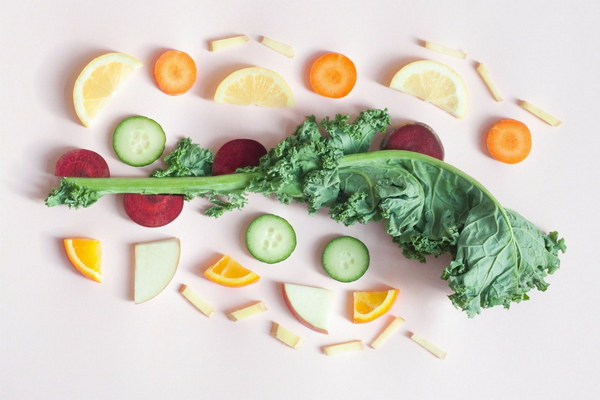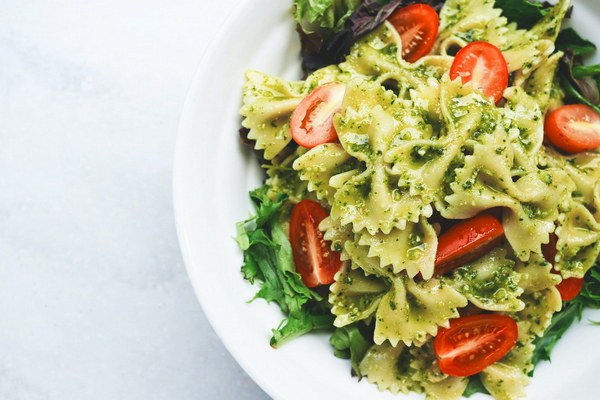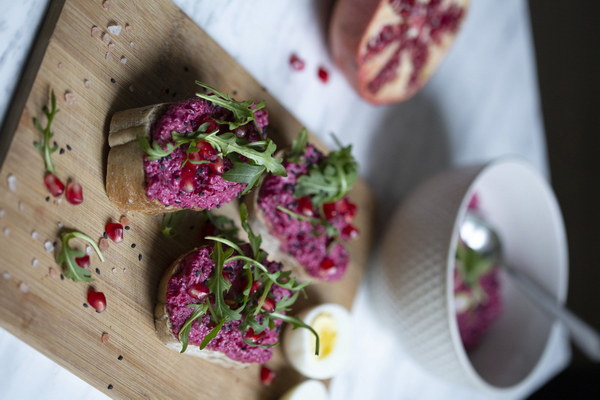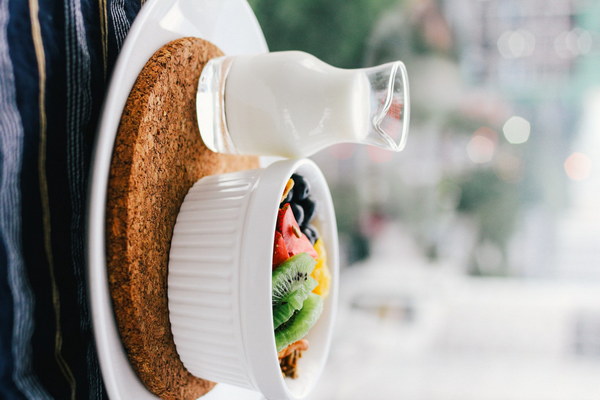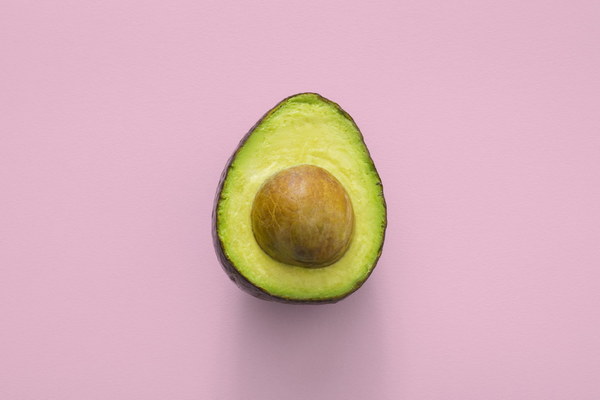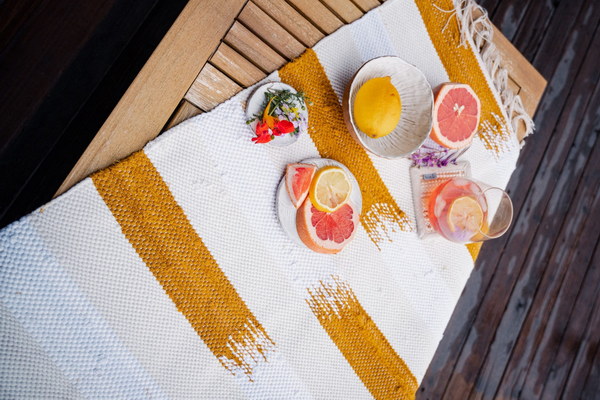Navigating the World of HealthBoosting Teas Common Questions and Answers
In recent years, the popularity of herbal teas has surged as more people seek natural ways to improve their health and wellness. However, with this increase in interest comes a myriad of questions about the benefits, usage, and preparation of these health-boosting beverages. This article aims to address some of the most common questions surrounding herbal teas to help you make informed decisions about incorporating them into your daily routine.
1. What are herbal teas?
Herbal teas, also known as tisanes, are made from the leaves, flowers, fruits, or roots of various plants. Unlike traditional tea, which is made from the leaves of the Camellia sinensis plant, herbal teas do not contain caffeine. They are often consumed for their potential health benefits, such as aiding digestion, improving sleep, or boosting the immune system.
2. Are herbal teas safe for everyone?
While herbal teas are generally safe for most people, some individuals may need to avoid certain types or be cautious about their consumption. For example, pregnant women should steer clear of herbal teas that can induce labor or affect hormone levels. Those with certain medical conditions, such as kidney or liver disease, should consult a healthcare professional before drinking herbal teas. Additionally, some teas can interact with medications, so it's essential to be aware of potential contraindications.
3. Can herbal teas replace my regular tea or coffee?
While herbal teas can be a great alternative to caffeine-rich beverages, they should not be used to replace the nutritional value of a balanced diet or the health benefits of regular exercise. Some herbal teas may offer specific health benefits, such as improving digestion or boosting the immune system, but they are not a substitute for a healthy lifestyle.
4. How should I store herbal teas?

To maintain their quality and flavor, store your herbal teas in a cool, dry place away from direct sunlight. Glass or metal containers with airtight lids are ideal for storing loose-leaf teas, as they help to preserve the essential oils and prevent oxidation.
5. Can I mix different herbal teas?
Absolutely! Mixing different herbal teas can create unique flavors and enhance their potential health benefits. For example, blending chamomile with peppermint can help soothe an upset stomach, while combining ginger with turmeric may support joint health. Experiment with different combinations to find your perfect blend.
6. How do I prepare herbal teas?
To prepare an herbal tea, follow these simple steps:
- Heat water to just below boiling (approximately 205°F or 96°C).
- Add 1-2 teaspoons of loose-leaf tea per cup of water.
- Steep for 3-5 minutes, depending on the type of tea.
- Strain the tea and enjoy it hot or cold.
7. Can I drink herbal teas throughout the day?
Yes, you can drink herbal teas throughout the day. In fact, many people find that sipping on a warm cup of herbal tea can help improve their mood and provide a gentle pick-me-up without the jitters associated with caffeine.
In conclusion, herbal teas offer a natural way to support your health and wellness. By understanding the common questions and concerns surrounding these health-boosting beverages, you can make informed decisions about incorporating them into your daily routine. Remember to consult a healthcare professional if you have any concerns or underlying health conditions before starting a new herbal tea regimen. Cheers to your health!
